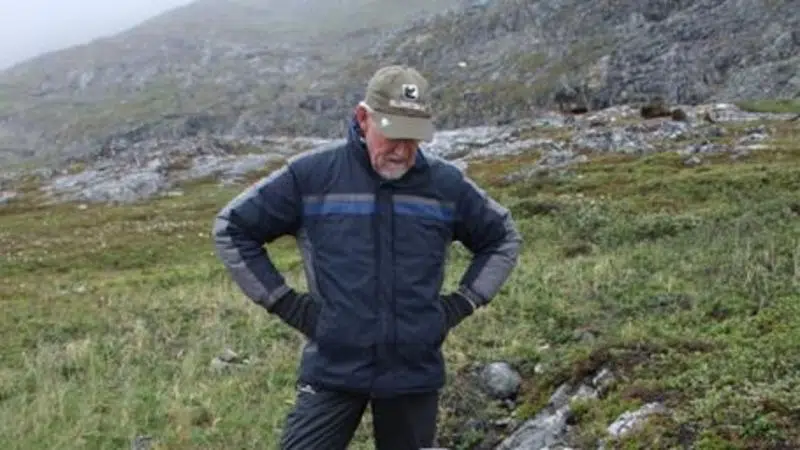
Scientists challenge claim that Labrador is site of planet’s oldest life
A team of geological researchers is challenging claims that some of the earliest forms of known life existed in northern Labrador.
The argument that a rocky outcrop showed evidence of life going back 3.95 billion years was presented by Japanese scientists in 2017 using isotopic evidence, sometimes called “chemofossils.”
A team of scientists led by Martin Whitehouse, a professor of geosciences at the Swedish Museum of Natural History, agrees the ancient signatures of life are present in the Torngat mountain region.



